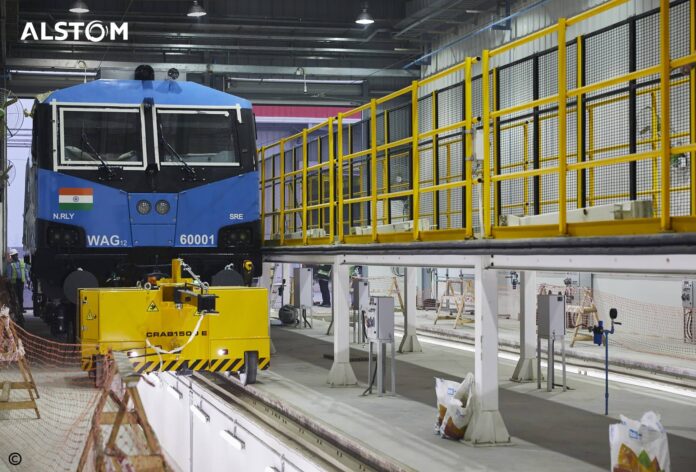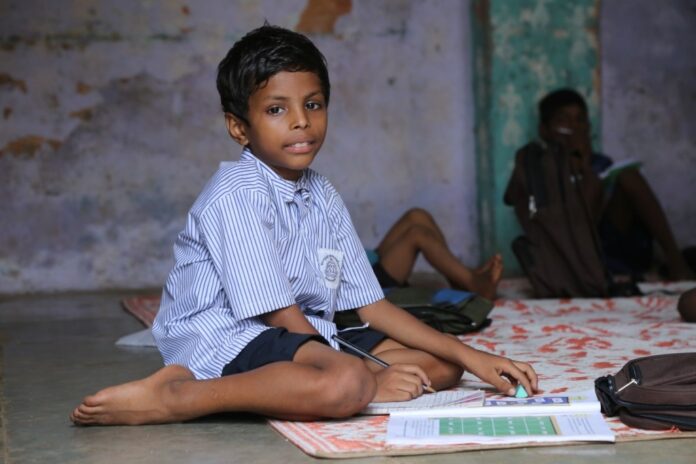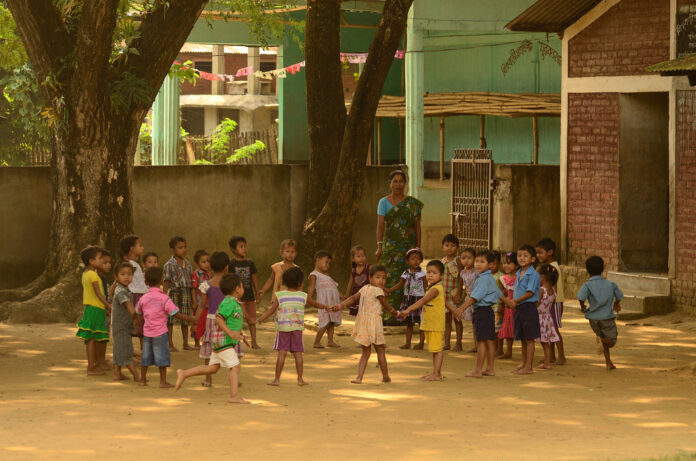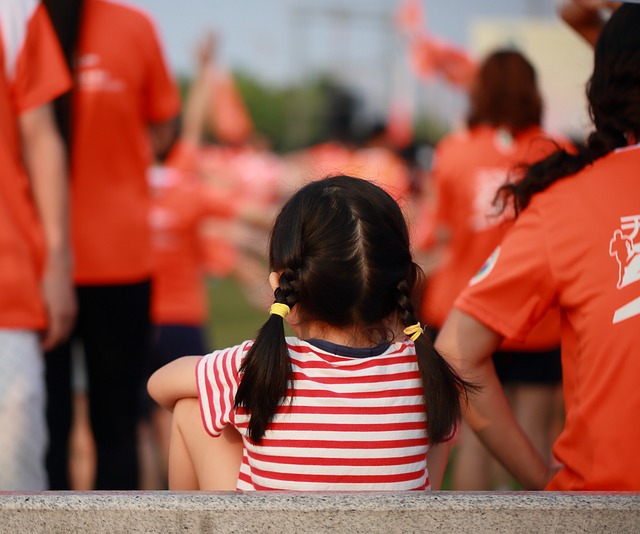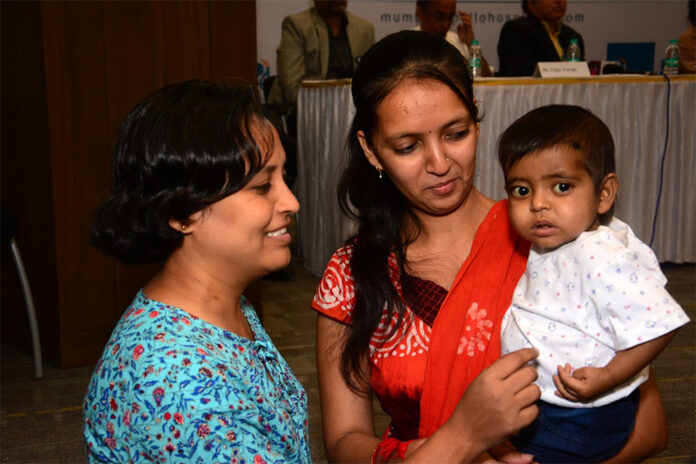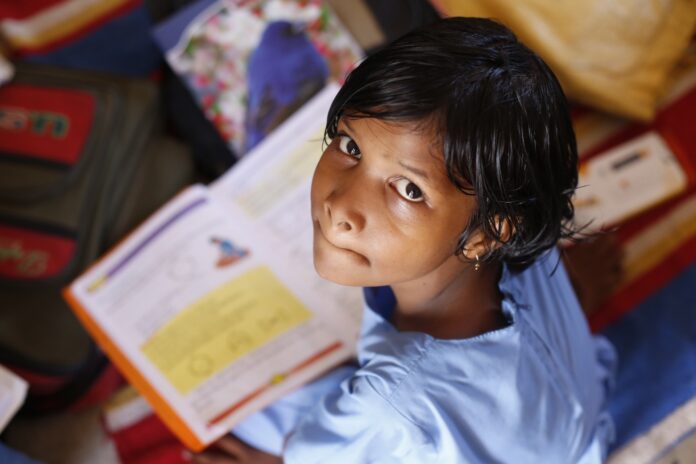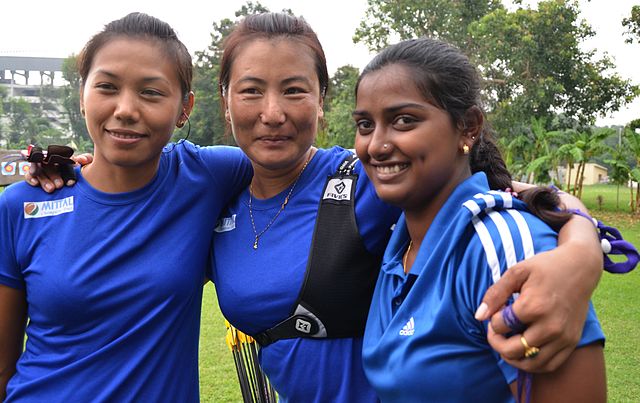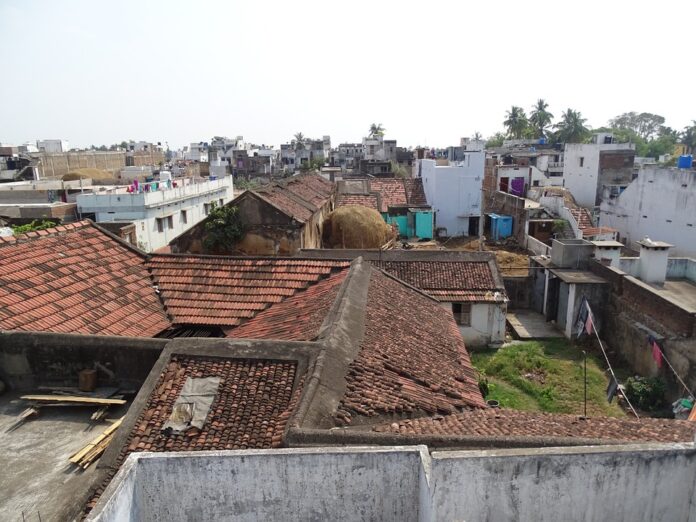CSR Rules came into effect on 1 April 2014. It state that companies with a net worth of Rs500 crore or revenue of Rs1,000 crore or net profit of Rs5 crore should spend 2% of their average profit in the last three years on social development-related activities such as sports, education, healthcare and poverty alleviation, among others, which are listed in Schedule VII of the Rules.
Recently, the UN initiative of International day of Sport for development was celebrated. Cricketer Yuvraj Singh, via his NGO- YOUWECAN is working in three primary areas of health, education and sports. Gift a Smile, a recent initiative is aiming to bring smiles to the lives of people suffering from cancer and their caregivers.
“I feel blessed to raise cancer awareness. I stand as an example myself of how sports can change a person’s life and enable them to fight against all odds. With raising cancer awareness, I hope to be able to aid the development of a more cancer aware society.” said Yuvraj Singh.
Gift a smile claims to add joy to the people suffering from cancer, their caregivers as well as cancer survivors. To inculcate the values of empathy, team work and leadership amongst the youth. This can be done through awareness, knowledge sharing and resource mobilisation.
In India, cancer has become one of the four leading causes of death. According to estimates from the Cancer Registry Program of ICMR, Delhi has the highest prevalence rate in India – there are currently 200,000 people in the capital with cancer with about 21,000 being added annually. Of these, 10,000 die every year.
We individuals need to put in efforts of adolescent and youth, who have the passion to make a significant contribution to the society through their skills and competencies. To inculcate the values of helping others from an early age in children, adolescent and youth as they are the future of our country and have an important role to play in making a different and emerge as change makers.
Thank you for reading the story until the very end. We appreciate the time you have given us. In addition, your thoughts and inputs will genuinely make a difference to us. Please do drop in a line and help us do better.
Regards,
The CSR Journal Team



